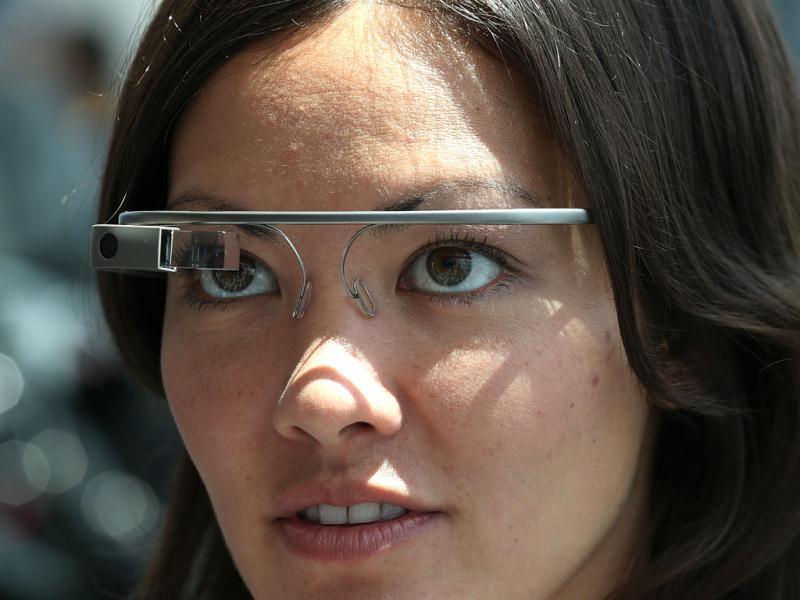Google Glass prepares you for public speech
If you feel afraid of speaking in public, wear this "smart" glass that will give you real-time feedback on volume modulation and speaking rate, while being minimally distracting.

If you feel afraid of speaking in public, wear this 'smart' glass that will give you real-time feedback on volume modulation and speaking rate, while being minimally distracting.
Using the eye wearable device Google Glass, researchers from the human-computer interaction group at University of Rochester in New York have designed an intelligent user interface to build 'smart glasses'.
The system is called Rhema (Greek word for 'utterance'). Google Glass with Rhema installed in it can record a speaker, transmit the audio to a server to automatically analyse the volume and speaking rate, and then present the data to the speaker in real time.
This feedback allows a speaker to adjust the volume and speaking rate or continue as before, said the team in a paper presented at the Association for Computer Machinery's Intelligent User Interfaces (IUI) conference in Atlanta, Georgia, March 31.
'My wife always tells me that I end up speaking too softly. Rhema reminded me to keep my volume up. It was a good experience,' said Ehsan Hoque, assistant professor of computer science and senior author of the paper.
According to Hoque, the practice has helped him become more aware of his volume even when he is not wearing the 'smart' glasses while giving lectures.
For the study, the team tested the system with a group of 30 native English speakers using Google Glasses.
They experimented with using different colours (like a traffic light system), words and graphs, and no feedback at all (control).
After user-testing, delivering feedback in every 20 seconds in the form of words ('louder,' 'slower,' nothing if speaker is doing a good job, etc) was deemed the most successful by most of the test users.
The researchers also highlight that the users, overall, felt it helped them improve the speech delivery.
'We wanted to check if the speaker looking at the feedback appearing on the glasses would be distracting to the audience,' Hoque noted.
'We also wanted the audience to rate if the person appeared spontaneous, paused too much, used too many filler words and maintained good eye contact under the three conditions: word feedback, continuous feedback, and no feedback,' the authors pointed out.
However, there was no statistically significant difference among the three groups on eye contact, use of filler words, being distracted, and appearing stiff.
The researchers feel that live feedback displayed in a private and non-intrusive manner could also be useful for people with social difficulties and even for people working in customer service.
Catch all the Latest Tech News, Mobile News, Laptop News, Gaming news, Wearables News , How To News, also keep up with us on Whatsapp channel,Twitter, Facebook, Google News, and Instagram. For our latest videos, subscribe to our YouTube channel.































